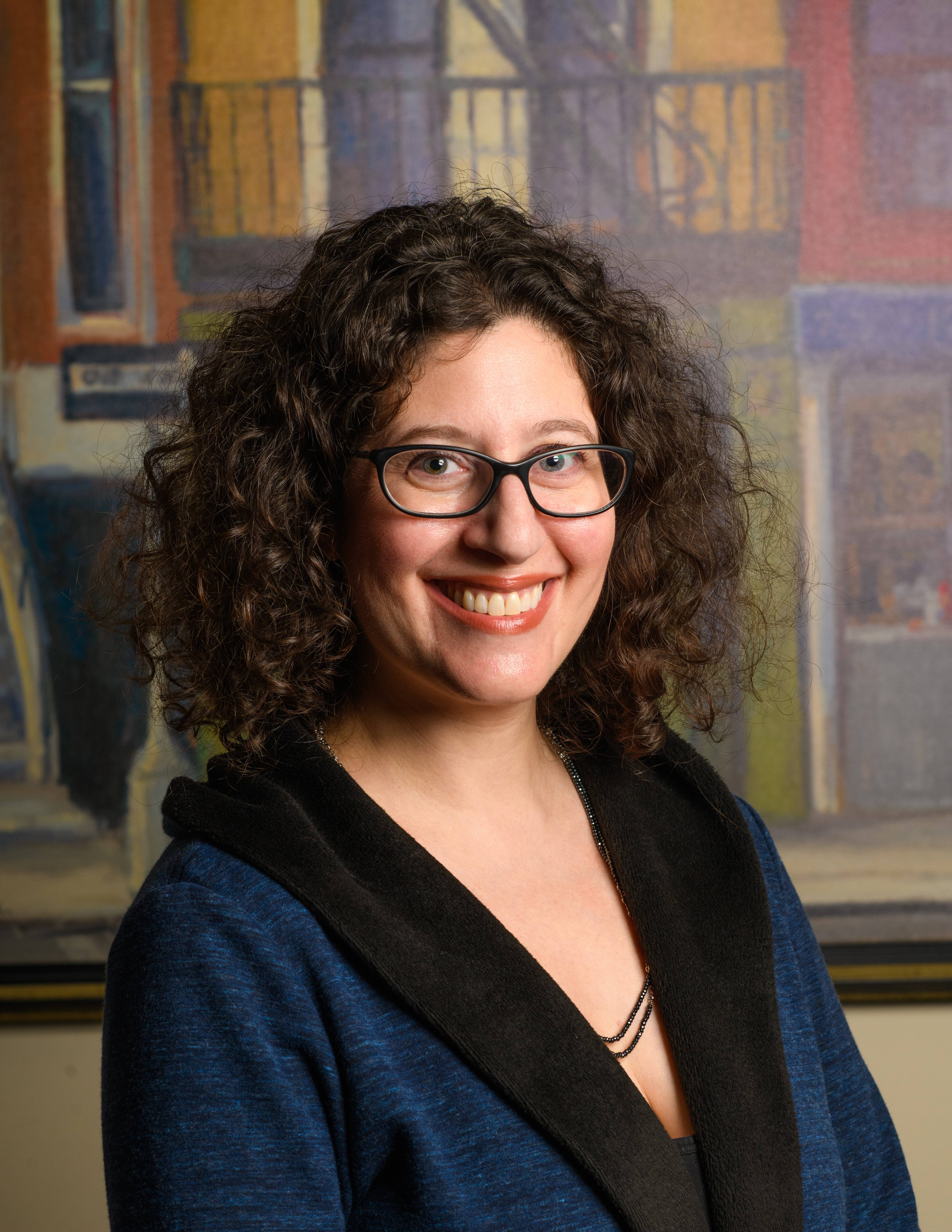About
Kaitlin Schifano is an autistic writer who offers commentary on world events and cultural trends. Drawing from her rich experiences growing up neurodivergent in the American South, Kaitlin crafts engaging fiction and non-fiction works that reflect her unique perspective. In her free time, you can usually find her reading, negotiating with her two ill-behaved dogs, or listening to Taylor Swift.
Experience
After stepping away from her job as an English teacher during the COVID-19 pandemic to pursue a career change, Kaitlin enrolled in a writing intensive where she completed a series of nonfiction essays about American Southern culture. Since then, she has found her niche in reporting on current events and the changing mental health landscape.
Education
Post-graduate certificate in creative writing from Middle Tennessee State University (2023)
B.S. Political Science from Texas Tech University (2017)
Meet Our Other Writers
Recent Articles by
Kaitlin Schifano

Transforming Your Space: Creating an Autism Sensory-Friendly Home
Most adults with autism spectrum disorder experience challenges with sensory processing. This can manifest as hypersensitivity or hyposensitivity. If an autistic individual experiences hypersensitivity, it means that they’re easily overwhelmed by sensory input. For example, music playing over grocery store speakers could sound so loud that it’s physically painful for a hypersensitive autistic individual. Conversely, a hyposensitive autistic individual may have little reaction to stimuli. For instance, they may not even notice that the same music is playing.
When an autistic adult is out in public, they have very little control over sensory input. Sure, they can use things like sunglasses or noise-cancelling headphones to help prevent sensory overload, but the amount of sensory input can still be overwhelming.
Home, however, should be a refuge away from the chaos of the outside world, without the looming threat of sensory overload or overstimulation. Therefore, having an autism sensory-friendly home is important.
Luckily, you don’t have to buy a whole new home to accommodate your sensory needs. With just a few modifications, your home can become the sensory-friendly oasis of your dreams.

Understanding Autism and Seizures: A Guide for Autistic Adults
Autism spectrum disorder (ASD) and seizures are two conditions that often overlap. Current research estimates that 26% of autistic individuals over the age of 13 also have epilepsy, compared to 1% of the non-autistic population. Understanding this link is crucial for improved diagnosis, care and quality of life.
While we know that there is a link between autism and seizures, particularly epileptic seizures, the reason for the link is still unclear. Since studies show that the siblings of autistic individuals are also more likely to have epilepsy, it’s hypothesized that epilepsy and ASD may share some of the same genetic markers. Further, up to 80% of autistic individuals, when given an EEG (a test that measures electrical activity in the brain), had abnormal results, even if they’d had no observable seizures. This means that both epilepsy and autism can cause abnormal electrical activity in the brain.
That said, while autistic people are more likely than neurotypical people to have epilepsy, and people with epilepsy are more likely to be autistic than someone without epilepsy, there is no research to suggest that one condition causes the other.
Recognizing and addressing seizures in autistic individuals can have a major impact on daily functioning, development and well-being. Awareness empowers families and professionals to seek appropriate interventions and advocate for supportive care strategies tailored to each person's needs. If you think you may have had a seizure, seek emergency medical care immediately and speak with your medical doctor, or physician about your concerns. The information provided below regarding seizures has not been reviewed for accuracy by a physician or medical provider and is not intended to serve as medical advice.

Mastering Executive Functioning in Autism: Strategies for Success
Executive functioning refers to a set of cognitive skills that enable us to manage everyday life effectively. This includes planning, organizing, starting tasks, staying focused and regulating emotions. Think of executive functioning as the brain’s management system. For autistic adults, executive functioning can be both a major challenge and an area of opportunity for growth and support. Research suggests that up to 70% of autistic people struggle with executive functioning. However, some autistic people may also have particular strengths in certain areas of executive functioning.
Executive functioning impacts things like paying bills on time, remembering appointments, shifting between tasks and coping with stress. Autism often brings unique patterns of executive function differences—not deficits in intelligence or motivation. Understanding these patterns can help autistic adults and those who support them develop more effective strategies and create environments that align with how their brains function most effectively.
While not every autistic person struggles with executive functioning, many do experience difficulties in areas like cognitive flexibility, working memory and self-regulation. These challenges can be supported with the right tools, techniques and understanding.
.webp)













